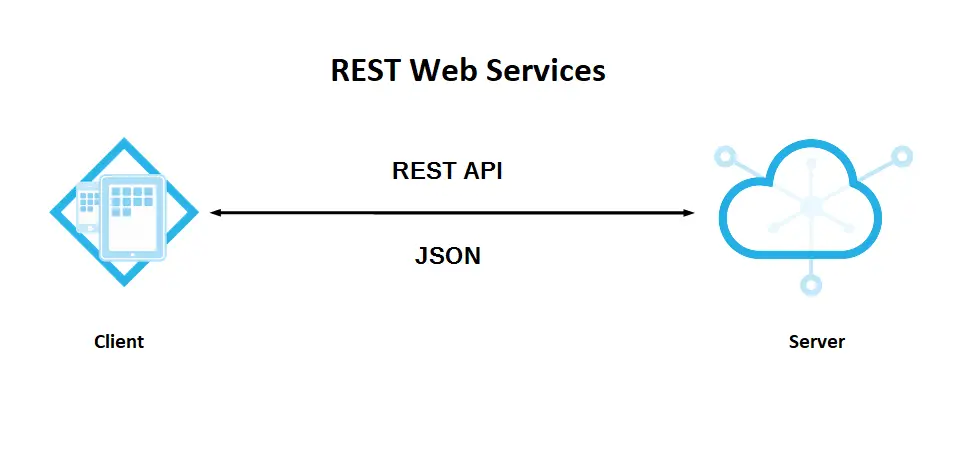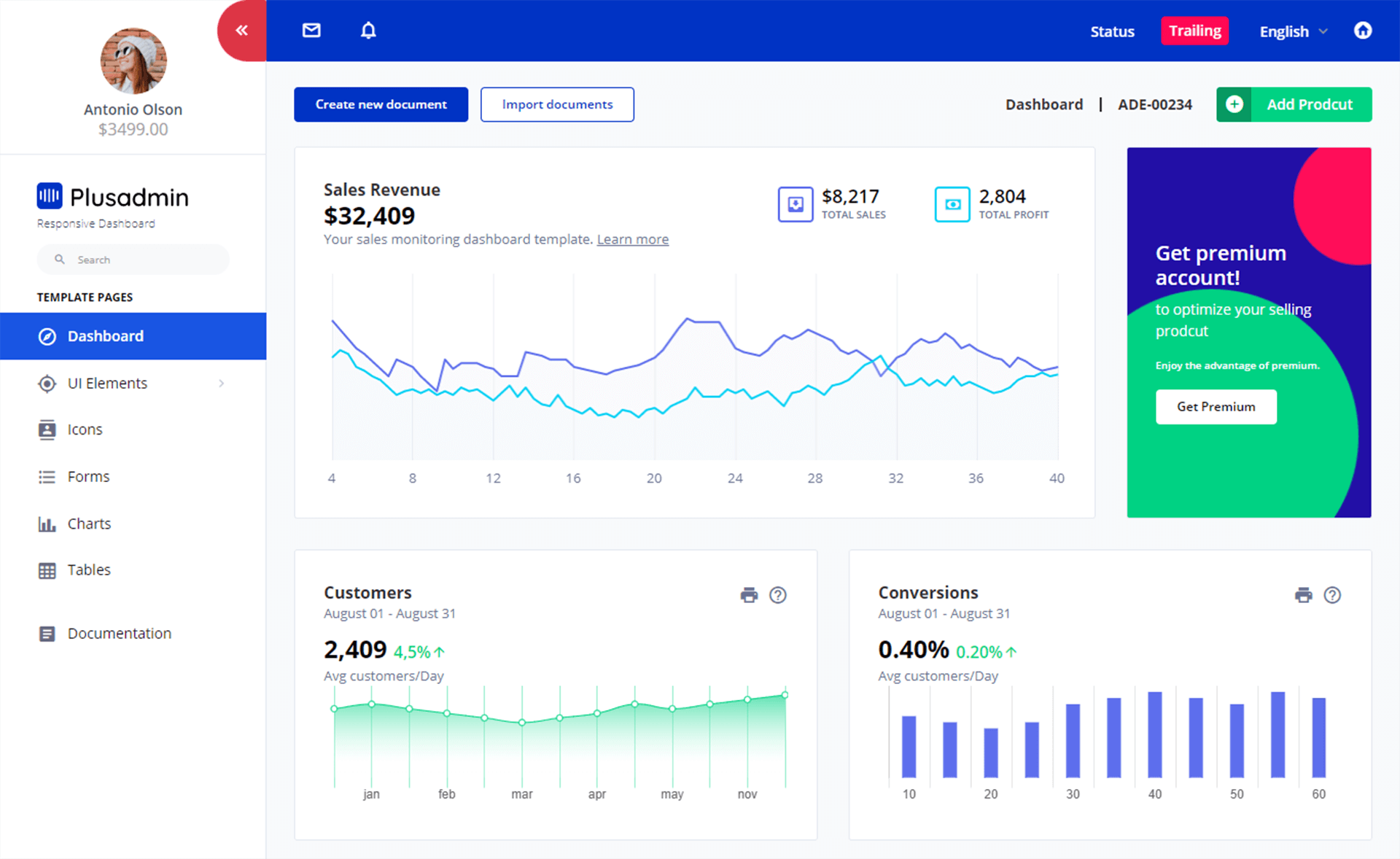How to use format strings with string interpolation in C#
By Tan Lee Published on Mar 20, 2025 320
Let’s see how to use format strings within an interpolated string:
decimal totalAmount = 15.745m;
Console.WriteLine($"Your total is: {totalAmount:C}");This will output:
Your total is: $15.75
This is equivalent to using string.Format():
string.Format("{0:C}", totalAmount);The advantage of using string interpolation is that it is more concise and easier to read. You can use the same standard or custom format strings with both methods. The only difference is how you handle the culture.
Specifying the Culture
By default, interpolated strings use the current culture. If you need to specify a different culture, you can pass an IFormatProvider using the string.Create() method. For example, here's how to specify the en-GB culture:
using System.Globalization;
decimal totalAmount = 15.745m;
var gbFormattedString = string.Create(CultureInfo.GetCultureInfo("en-GB"), $"Your total is: {totalAmount:C}");
Console.WriteLine(gbFormattedString);This will output:
Your total is: £15.75
Older Versions of .NET (Before .NET 6)
The string.Create() method was introduced in .NET 6. If you’re working with an older version of .NET, you can cast the interpolated string to a FormattableString and use .ToString() to apply a culture:
using System.Globalization;
decimal totalAmount = 15.745m;
// Using multiple lines
FormattableString formattedString = $"(Multi-line) Your total is: {totalAmount:C}";
var formattedWithCulture = formattedString.ToString(CultureInfo.GetCultureInfo("en-GB"));
Console.WriteLine(formattedWithCulture);
// Using a single line
Console.WriteLine(((FormattableString)$"(One-liner) Your total is: {totalAmount:C}").ToString(CultureInfo.GetCultureInfo("en-GB")));This will output:
(Multi-line) Your total is: £15.75 (One-liner) Your total is: £15.75
The equivalent string.Format() with culture would look like this:
string.Format(CultureInfo.GetCultureInfo("en-GB"), "Your total is: {0:C}", totalAmount);Other Format Examples
1. Display a Number with 3 Decimal Places
To display only the last 3 decimal places of a number, use a custom format string:
decimal totalAmount = 15.745m;
Console.WriteLine($"3 decimal places: {totalAmount:0.###}");This will output:
3 decimal places: 15.745
2. Display the Current Time with Timezone Offset
You can format a DateTime object to show the time along with the timezone offset:
DateTime currentTime = DateTime.Now;
Console.WriteLine($"Current time: {currentTime:h:mm:ss tt K}");This will output something like:
Current time: 8:13:12 AM -05:00
3. Format a US Phone Number
You can format a 10-digit US phone number using a custom format string:
long phoneNumber = 1234567890;
Console.WriteLine($"Phone number: {phoneNumber:(###) ###-####}");This will output:
Phone number: (123) 456-7890





